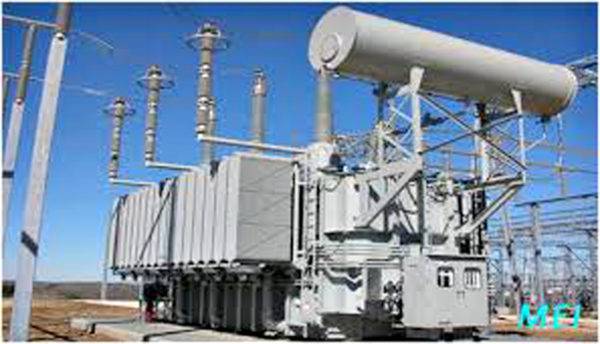The Federal Government has hinted at another potential increase in electricity tariffs in the coming months, despite a previous hike of over 300% less than a year ago.
This move is part of ongoing efforts to address the rising cost of living and energy sector challenges in Nigeria.
Olu Verheijen, Special Adviser on Energy to President Bola Tinubu, made the announcement during an interview at a World Bank-backed conference in Dar es Salaam, Tanzania.
Verheijen, who was attending the conference where Nigeria presented a $32 billion plan to expand electricity access by 2030, noted that private investors are expected to contribute $15.5 billion, while the rest would come from public sources, including the World Bank and African Development Bank.
Verheijen explained that Nigeria’s electricity prices must rise by about two-thirds in order to reflect the true cost of supply.
She emphasized that higher tariffs are essential to fund the necessary maintenance to improve service reliability and to attract private investment in power generation and transmission.
“To ensure that the sector is sustainable, we need to transition to a cost-efficient, cost-reflective tariff structure,” Verheijen stated.
“This will help generate the revenue needed to attract private capital while protecting vulnerable and low-income consumers with targeted subsidies.”
The proposed tariff increase is being considered amid growing demands from Nigeria’s struggling electricity distribution companies, which are urging for tariffs that better reflect the actual cost of service.
Despite the privatization of the country’s power sector in 2013, tariffs set by the Nigeria Electricity Regulatory Commission (NERC) have not been sufficient to cover suppliers’ costs, leading to financial instability in the sector.
Verheijen also pointed out the need for significant investment to meet Nigeria’s electricity demands, revealing that although the country has 14 gigawatts of installed power, only 8 gigawatts can be transmitted, and just 4 to 5 gigawatts are delivered to homes and businesses.
“We must align our energy policies with Nigeria’s broader economic goals,” Verheijen added.
“Our aim is to become a $1 trillion economy within five years and transition to an upper-middle-income country in the next 25 years.”
With Nigeria’s current GDP hovering just below $200 billion, according to the International Monetary Fund, achieving these ambitious goals will require substantial investment in the energy sector and across other industries.
